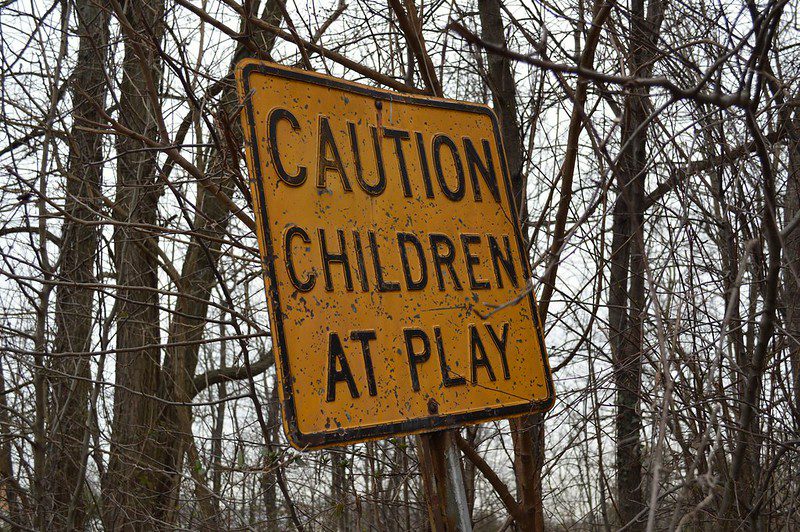This year, Congress will consider reauthorizing the four federal homeless assistance programs administered by the U.S. Department of Housing and Urban Development (HUD). Rep. Rick Lazio (R-NY), the Chairman of the Housing Subcommittee which oversees the HUD-administered McKinney programs, has introduced H.R. 217, which would reauthorize the programs and make fundamental changes. National homeless advocacy groups have concerns about the bill.
H.R. 217 would convert the four programs – the Emergency Shelter Grant, Supportive Housing, Section 8 Single Room Occupancy Moderate Rehabilitation, and Shelter Plus Care programs – into two: a Permanent Housing Development program and a Flexible Block Grant Homeless Assistance program.
The Permanent Housing Development program would provide grants to states, local governments, and private nonprofits for the development of emergency, transitional, and permanent supportive housing. Eligible grantees would compete with each other on a national level for the funds.
The Flexible Block Grant Homeless Assistance program, which would receive 70 percent or more of the funds authorized for the two programs, would be administered by a formula block grant to states and local governments. Private nonprofits would compete at the local level for funds. The legislation would require state and local governments to establish local boards to assist in prioritizing homeless needs and ranking applications for funding within each jurisdiction. The bill would require at least 51 percent of local boards’ membership to be composed of current and formerly homeless persons, advocates for the homeless, and representatives of nonprofit organizations that provide services to the homeless. State and local governments would have final authority to approve or alter the recommendations of the local boards and submit them to HUD as the jurisdiction’s application for funding.
The three national advocacy organizations for the homeless – the National Alliance to End Homelessness, the National Coalition for the Homeless, and the National Law Center on Homelessness & Poverty – have serious questions about the proposed block grant under H.R. 217. The block grant would not ensure that local funding decisions would be based on applicants’ merit and need for services, rather than what populations are most politically popular to serve and which nonprofits get along with the local government. Further, the bill does not provide adequate oversight and enforcement mechanisms to ensure that jurisdictions spend their funds in accordance with the legislation and their submitted applications. In addition, this block grant would leave private nonprofit organizations in jurisdictions that opt out of the program with no way to obtain this funding.
Advocates for the homeless are also concerned with H.R. 217’s proposed authorization level. The $1 billion proposed by the bill does not even equal Fiscal Year 1995 funding, let alone meet current needs. The National Law Center on Homelessness & Poverty recommends that at least $1.6 million be appropriated for the HUD McKinney programs.
The legislation would also limit the percentage of funding that may be used for emergency shelter and supportive services. The intent of the cap appears to have been positive – the shelter cap was intended to push jurisdictions towards more long-term solutions, and the cap on services was designed to use precious HUD resources for housing and to press other agencies to contribute funding for services. However, the cap would cut emergency shelter funds from $115 million annually to $65 million annually. Funding for services would also decrease significantly. These cuts would likely result in shelter closures or the elimination of needed services. Homeless advocates argue that any cap should be structured so as not to disrupt services.
Finally, the bill fails to address Not-In-My-Back-Yard (NIMBY) problems – an issue of great importance in providing services to the homeless. NIMBY sentiment often causes zoning boards and other local government entities to stop or delay projects simply because the proposed project provides services to homeless persons. Because such actions frustrate the legislation’s intent to provide assistance to homeless persons, advocates maintain that the bill should prescribe ways to address local opposition.
On a positive note, many advocates support the bill’s proposal to create local boards. Current federal homeless programs encourage nonprofits to coordinate their applications but do not require participation of homeless persons. Under the new proposal, local boards could coordinate services for jurisdictions and provide a voice for homeless persons in the process.
The Senate is expected to offer a separate bill for homeless assistance programs, and the Administration is expected to develop its own recommendations, but the timing of this legislation is currently unclear.



Comments